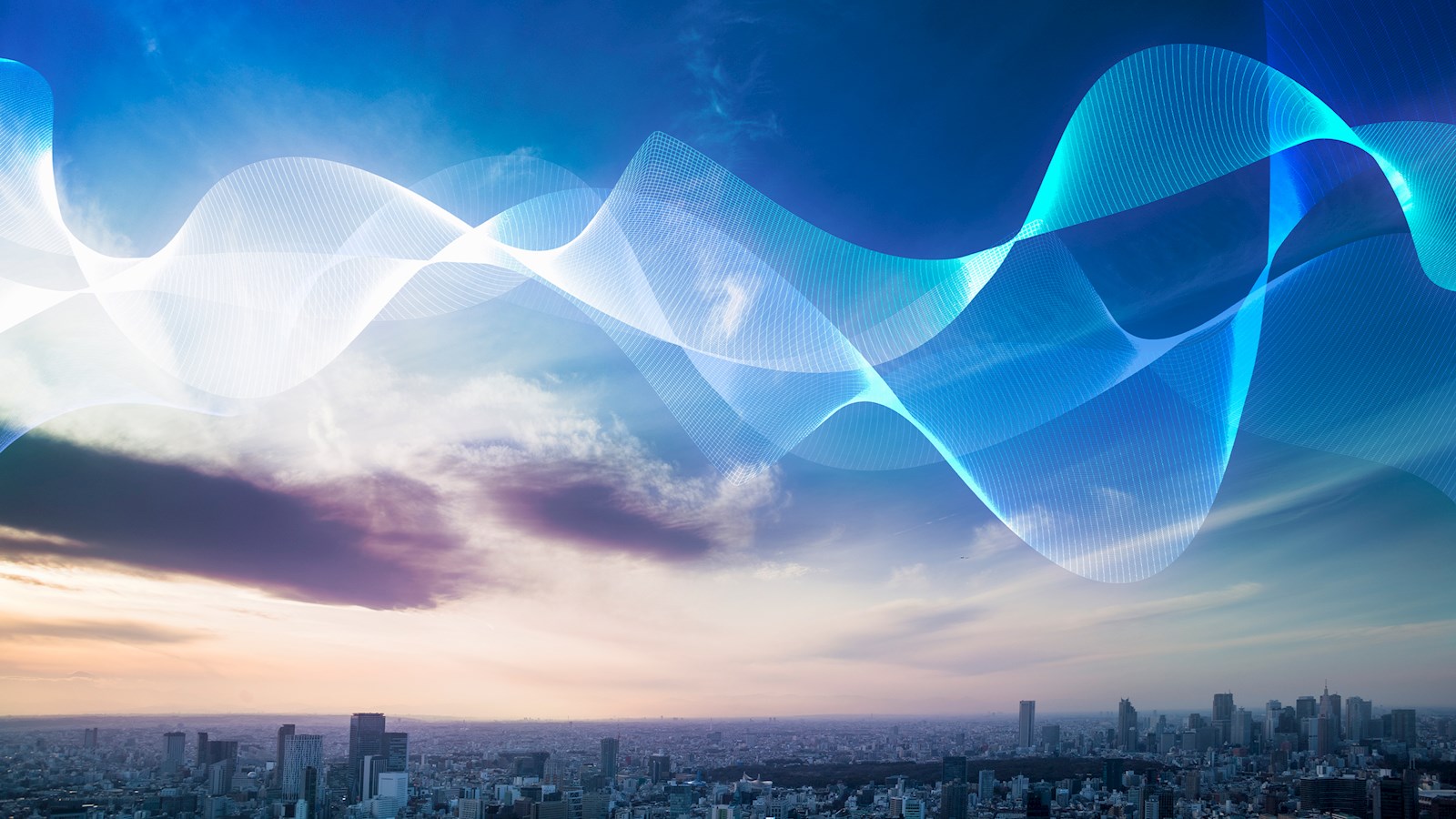
Digital sustainability 2021
Explore the benefits of a responsible data strategy that considers social and environmental impact
To date, climate change conversations have largely focused on the impact of physical waste. But what about the impact of digital activity?
Compared to some industries, marketing is not considered a direct polluter, but that doesn’t mean our work is without impact.
The IDC predicts 175 zettabytes of new data will be created annually by 2025, up from 33 zettabytes in 2018. Well-known factors such as increased bandwidth, as well as new channels and digital formats, are driving this growth, but there are two main game changers:
- Device-to-device communication of the internet of things (IoT), which removes humans as a limiting factor in the generation and consumption of data
- The prevalence of machine learning which requires and creates vast volumes of data
Now is the time to turn our attention to the impact of our data use on the environment.
Our work produces data and it consumes data. It uses data to inspire creativity, personalise content, target audiences and optimise performance. Almost every aspect of our work is grounded in data.
Attitudes towards data use amongst consumers, investors, our clients and our own employees are rapidly changing. People want to see data used in ways that protect privacy and create social good without harming the environment.
WPP has an ambitious net zero target, but we also want to transform how we use data. Because we believe responsible data use – in terms of both social and environmental impact – is a growth opportunity and a differentiator.
For more in-depth insight and analysis download Digital Sustainability 2021 2.9MBpublished on
27 October 2021
Category
More in Technology & data

How to build your brand in-game
A new research report from WPP and SuperAwesome

WPP puts itself at the heart of collaborative 3D worlds
Pixar's 3D animation file format – USD – is the invisible building block of our digital 3D future.

A clarion call for AI, accessibility & advertising
Innovating at the intersection of AI, accessibility, and advertising

